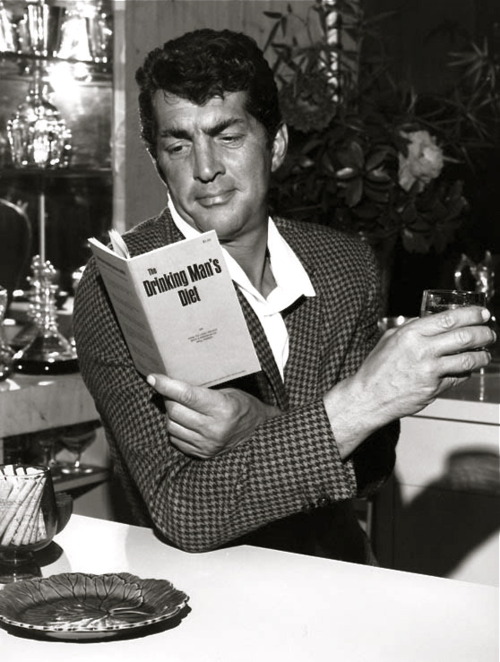Job Titles of the Future #6 - The CEO Sober Companion
Whether it is a hard-charging, world-commanding, and impossibly tall and good-looking CEO, or the global head of marketing that never seems to sleep, hits every major city in her empire at least every quarter, while always being the smartest person in the room, it seems like more and more the work of a big-time corporate executive is never done.
Just like Knicks' legend Patrick Ewing once said about big shot corporate executives, (ok, he said something kind of like this, not actually this, but I needed a sports reference to try and get this post qualified for the 2013 Edition of The 8 Man Rotation E-book), "Sure, sometimes we party pretty hard, but we work hard and all the time too." 
Or if you don't dig the stretched to the breaking point Ewing take, how about this one from America's favorite (fake) CEO - Kenny Powers who put it more plainly - ' I'm the MF, CEO!'
The work demands, the inflated egos, the sense of entitlement, the feeling of invincibility that we often see possessed by people that have essentially been tremendously successful their entire lives - all these quite often combine with lots of money, opportunity, and some enabling behavior by friends and colleagues to drive CEOs and other execs into some bad, bad decisions regarding alcohol, drugs, and other inappropriate actions.
And having the CEO of a big, possibly publicly traded corporation running into scandal, trouble with the law, or even simple lack of attention to the requirements of his/her position caused by one too many whiskeys or painkillers is the kind of risk that more and more companies are deciding to attempt to mitigate. And one of the ways in which that risk is combated is with the 'Sober Companion'.
What does the 'Sober Companion' do? Check the details from this recent NY Post piece:
Trying to reason with his multimillionaire client while plying him with black coffee, Chuck Kanner ducked and narrowly missed a bottle of whiskey aimed at his head.
“He’d be sitting there [meeting] with people like Bill Clinton, Rudolph Giuliani and Mario Cuomo, spaced out, and I’d be saying: ‘Dude, this is not OK!’ ”
The unseemly row aboard the drunken CEO’s yacht in the Caribbean was all in a day’s work for Kanner, a so-called “sober companion” who makes his living keeping high-powered business executives on the straight and narrow.
He is part of an elite team of advisers and confidantes who work undercover, often 24/7, as personal assistants, bodyguards, researchers and potential investors, so the Masters of the Universe can get help for their addictions — while saving face as they rule the world.
So maybe personal assistants or even executive bodyguards are not all that new, and are certainly not 'Job titles of the future', but this new spin, or expansion of duties - for the assistant to pose as a consultant of some kind with the job of making sure the exec doesn't over imbibe on booze or drugs, well that seems like a brand new take on an old problem.
And I think it's also symbolic of the age that corporations and executives live in today. Don Draper could pretty plausibly get away with being drunk half the time and acting on pretty much every desire he wished. Sure, the times and expectations were a little different, but there were also no blogs, and no Twitter, and no Instagram to potentially capture and broadcast to the world all the monkey business he was up to, and that in today's age would be all over the web.
Sure the 'right' anser to this problem is to have CEOs and execs that know better.
But until we are pretty sure that the million years or so of human tendency towards making bad decisions with booze and drugs is pretty much done, you might want to look into hiring one of these 'Sober Companions' for your exec team as well.
Today, it doesn't take much (maybe about five scotches and a bad decision), to destroy billions in company value.

 Steve
Steve
Reader Comments (2)
I'm so torn about this. On the one hand, yes, CEOs are human and all humans with power make mistakes. It's inevitable. And if a sober companion helps them avoid those mistakes, then great.
But on the other, it's so critically important for employees to have leadership that they respect and believe in, and is it really too much to ask that our C-Suite not throw bottles at people's heads? Isn't part of leadership restraint and sacrifice? Setting a good example? Maybe that's even more valuable than negotiating the best deals, if it keeps your employees from becoming disenchanted with the company and cynical about its leadership.
"Must be prepared to snatch the phone from the drunken Tweeter," will someday be deemed an essential job function under the ADA.